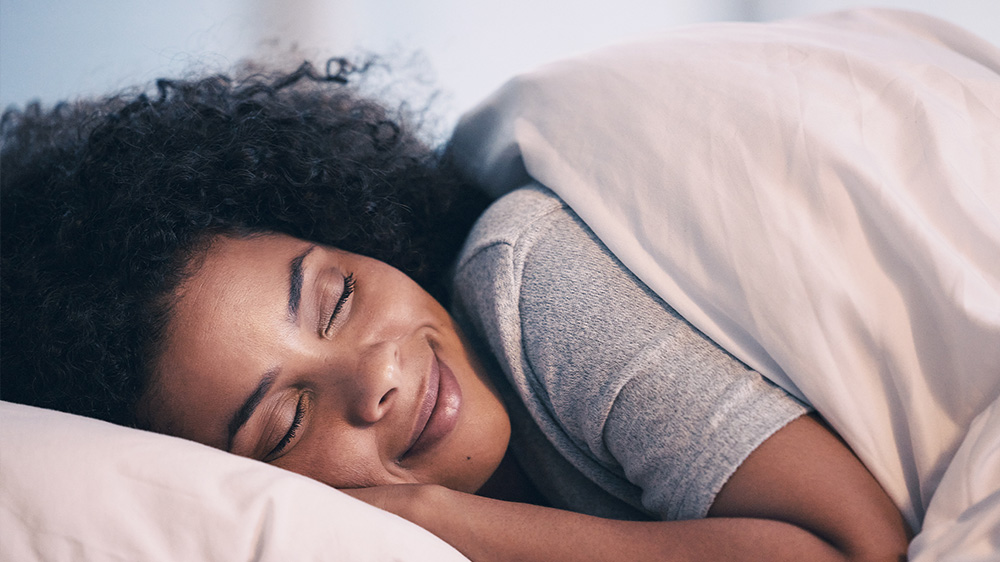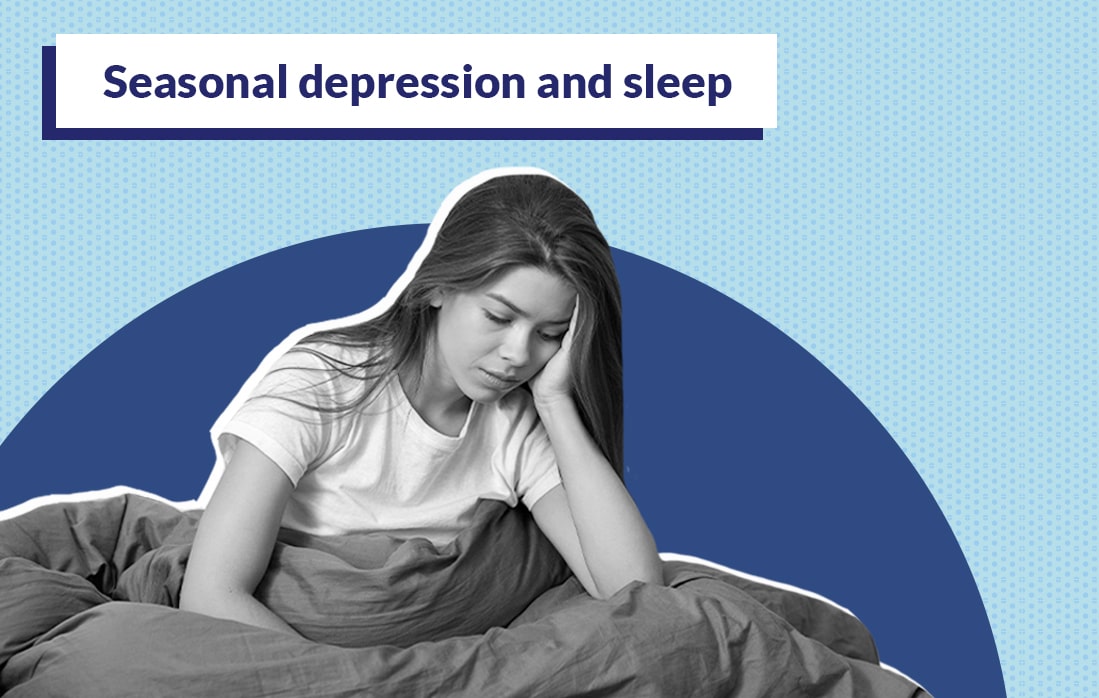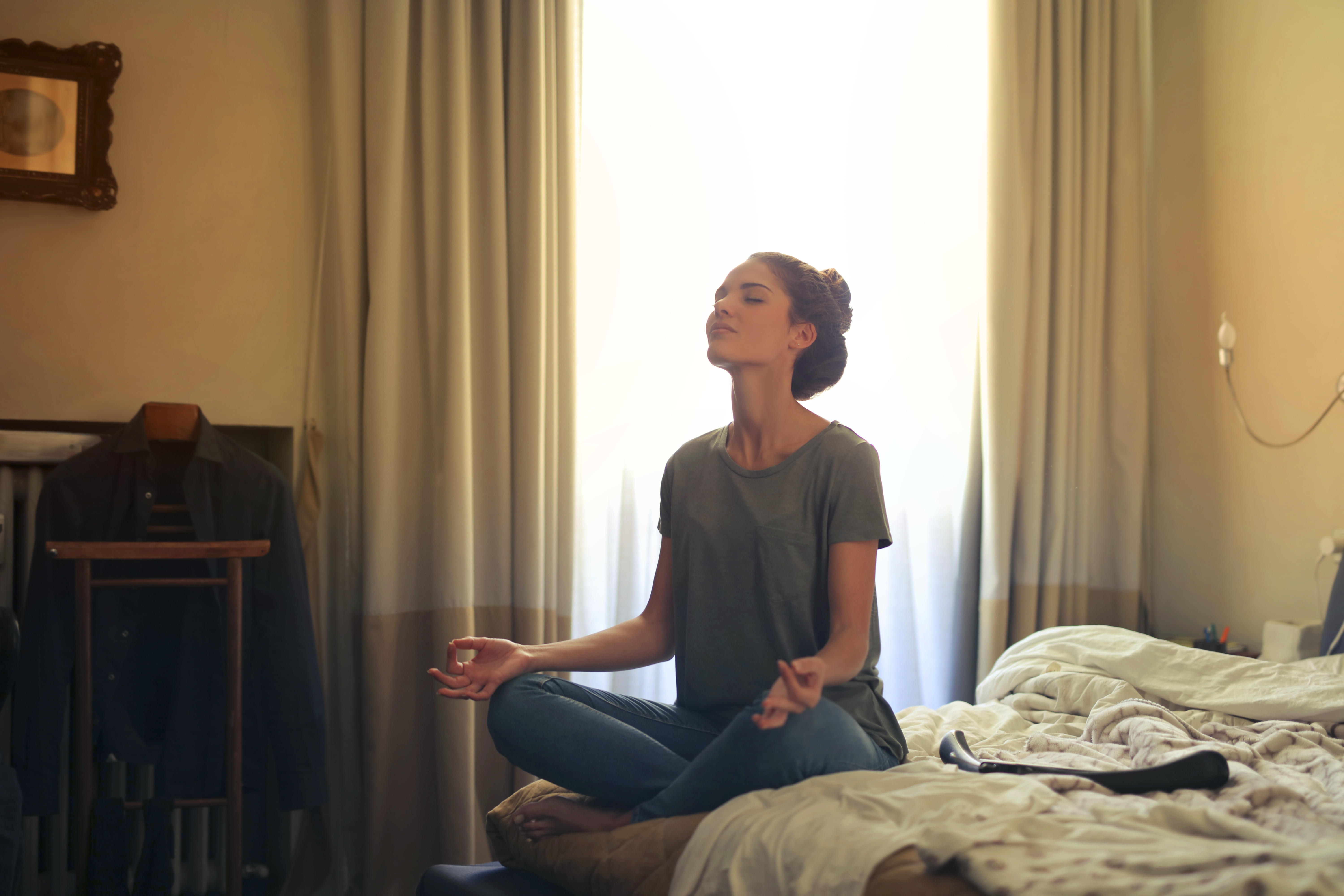
Trying to improve your sleep and nothing’s working? Try a little compassion.
A population based study published in Brain and Behavior, found that so-called compassionate people have fewer sleep difficulties and are less likely to be sleep deficient.
The study focused on finding if compassion can be linked to sleep quality, sleep duration, and perceived sleep deficiency over an 11-year follow-up period. Additionally, the study tried to understand if depressive symptoms could help explain the impact of compassion on sleep. (1)
Psychological Characteristics Impact on Sleep
Unfortunately there is not one answer to fix all sleep problems, but there’s been plenty of research trying to find the causes of sleep problems. Sometimes researchers look to psychological factors like stress or anxiety to understand how to improve sleep. This study focuses on one characteristic, compassion.
What exactly is compassion? Similar to empathy or sympathy, compassion is a deep concern and care for someone else, but it goes one step further with trying to help alleviate someone’s pain or stress.
Dr. Ryan Sultan, Columbia University professor and board-certified psychiatrist and therapist, told Sleepopolis sleep quality is significantly influenced by psychological characteristics.
“For instance, individuals grappling with high levels of anxiety often find it challenging to quiet their racing thoughts and initiate peaceful sleep,” Sultan said. “Recognizing the profound impact of psychological traits on sleep quality is essential because it provides insights into targeted interventions.”
How Does Compassion Affect Sleep?
Using data from the Young-Finn study, the participants underwent compassion assessments in 2001 and 2012 and had their sleep patterns evaluated in 2001, 2007, and 2012. Using this data, researchers were able to conclude that compassion had a prolonged effect on sleep with fewer sleep difficulties over the 11 year follow-up. (1)
While compassion did improve sleep difficulties and sleep deficiency, there was no association with sleep duration, meaning being able to tell if someone is more likely to be a short or long sleeper.
Why is compassion helpful to sleep? Sultan explains that research suggests there is an association between compassion and emotional regulation.
“People who possess a strong sense of compassion tend to exhibit superior emotional control, which, in turn, contributes to reduced sleep disturbances,” he said.
Ultimately this allows high compassionate individuals to handle stress and anxiety better, which are often two things disruptive to sleep.
The study agreed with this and found that when the data was adjusted for depressive symptoms, there was no longer a connection between compassion and improved sleep.
An important distinction the study made was that while higher compassion is linked to lower sleep difficulties, it’s not necessarily true that an individual with low sleep difficulties has higher compassion.
Why Does Compassion Matter?
The study of compassion’s link to sleep is limited, but important. The study’s authors pointed out the growing sleep crisis people are facing, which has led to many taking sleep medications to help address their problems. However it often doesn’t completely treat the root cause.
“There is an increasing need for novel interventions to reduce sleep difficulties,” the study’s authors wrote in the study. “Our findings provide the first pieces of evidence that compassion for others could buffer against sleep difficulties.”
So when in doubt, try to practice a bit more compassion throughout the day, it will probably help you sleep a bit better at night.

Wait, Insomnia Might Be Genetic? A New Study Offers Some Surprising Clues

Holiday Guide to Managing Seasonal Depression

10 Celebrity Sleep Tips and Tricks For a Better, More Restorative Night’s Sleep

Doctors All Agree: These 5 Techniques Are the Best Sleep Aids Aside From Medication
Sources
1.Tolonen I, Saarinen A, Puttonen S, Kähönen M, Hintsanen M. High Compassion Predicts Fewer Sleep Difficulties: A general population study with an 11‐year follow‐up. Brain and Behavior. 2024;13(10). doi:10.1002/brb3.3165.
Sultan, Ryan. Personal Interview. November 2024.
